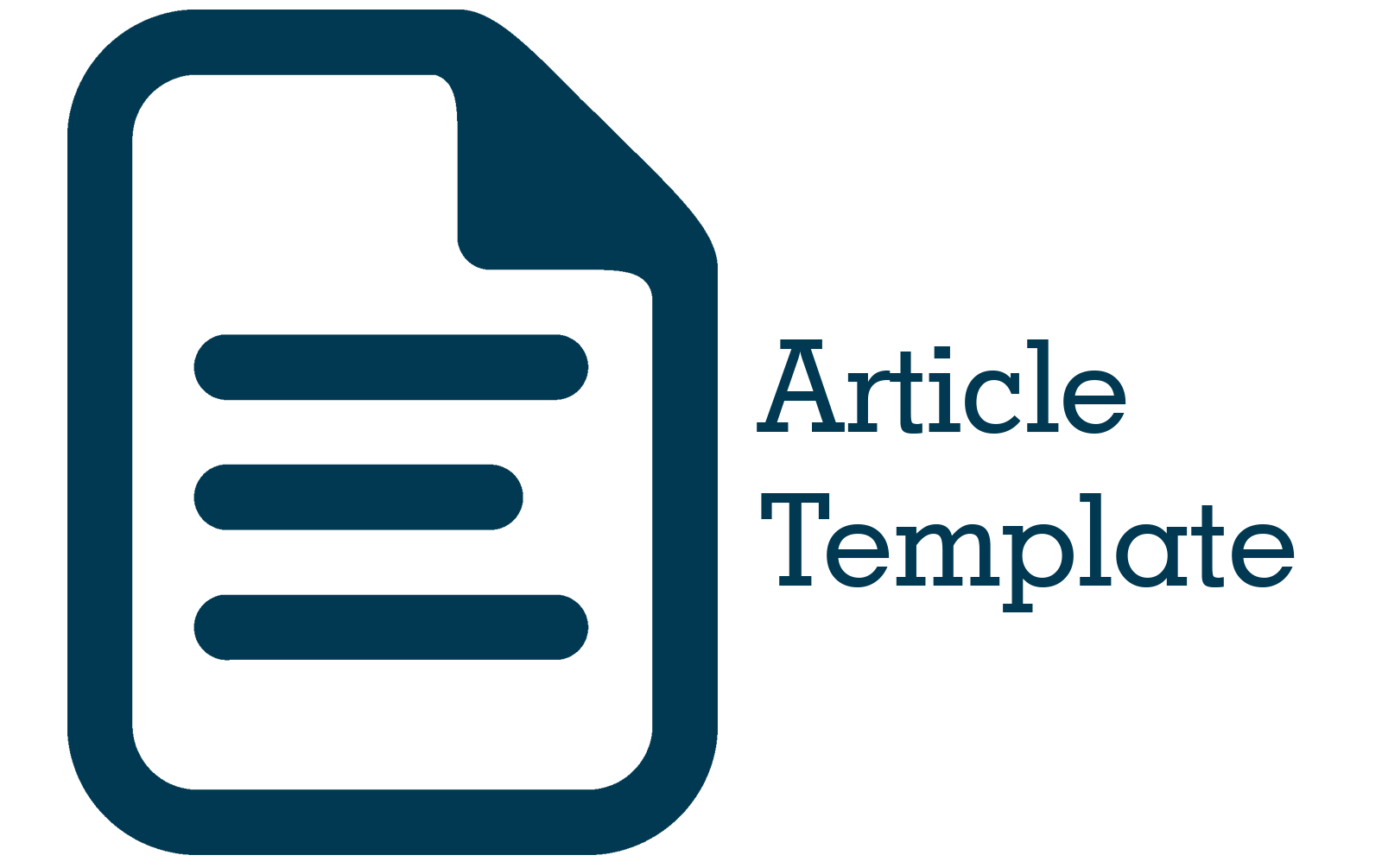Faktor-Faktor yang Mempengaruhi Preferensi Masyarakat di Kota Bandung terhadap Keputusan Penggunaan Sistem Pembayaran Quick Response Code Indonesian Standard
Abstract
Abstract. Mobile payment payment methods are increasing along with the increasing use of electronic money, a popular payment method is the QR Code payment system. The use of the existing QR Code is considered inefficient because it can only be accessed by one payment application and is a closed loop that only allows electronic money users to transact at merchants who can only use 1 PJSP. Seeing these problems, Bank Indonesia made an innovation in the QR Code payment model, namely the launch of the Indonesian Standard (QRIS) Quick Response Code payment system. QRIS is a national standardized payment system that can be accessed by all types of payment applications. This study aims to determine the public's preference or interest in the implementation of QRIS as a digital payment transaction tool. This research analysis method uses quantitative methods with a descriptive approach. The sampling technique used was purposive sampling or a purposive sample, as many as 102 respondents were users of a QR Code-based digital payment system. This study uses primary and secondary data. The measurement scale used is the Likert scale. Based on the results of the regression, it was concluded that the acceptability & cognizability, elasticity of supply, portability, divisibility, and scarcity factors had a significant influence on the decision to use QRIS, while the other factors obtained. The magnitude of the influence of these factors is able to give an influence of 40.1% on the decision to use QRIS for transactions.
Abstrak. Metode pembayaran mobile payment semakin meningkat seiring meningkatnya penggunaan uang elektronik, metode pembayaran yang populer yaitu sistem pembayaran QR Code. Penggunaannya QR Code yang sudah ada dinilai kurang efisien karena hanya dapat diakses oleh satu aplikasi pembayaran dan bersifat closed loop yang hanya memungkinkan pengguna uang elektronik bertransaksi di merchant yang hanya bisa menggunakan 1 PJSP. Melihat permasalahan tersebut Bank Indonesia membuat inovasi dalam model pembayaran QR Code yaitu diluncurkannya sistem pembayaran Quick Response Code Indonesian Standard (QRIS). QRIS merupakan sistem pembayaran berstandarisasi nasional yang dapat diakses oleh seluruh jenis aplikasi pembayaran. Penelitian ini bertujuan untuk mengetahui preferensi atau minat masyarakat terhadap pemberlakuan QRIS sebagai alat transaksi pembayaran digital. Metode analisis penelitian ini menggunakan metode kuantitatif dengan pendekatan deskriptif. Teknik penentuan sampel menggunakan purposive sampling atau sampel bertujuan, yaitu sebanyak 102 orang responden pengguna sistem pembayaran digital berbasis QR Code. Penelitian ini menggunakan data primer dan sekunder. Skala pengukuran yang digunakan yaitu skala Likert. Berdasarkan hasil regresi diperoleh kesimpulan yaitu pada faktor acceptability & cognizability, elasticity of supply, portability, divisibility, dan scarcity memiliki pengaruh signifikan terhadap keputusan penggunaan QRIS, sedangkan faktor lainnya diperoleh hasil berpengaruh tidak signifikan. Besaran pengaruh dari faktor tersebut mampu memberikan pengaruh sebesar 40,1% terhadap keputusan penggunaan QRIS untuk bertransaksi.









